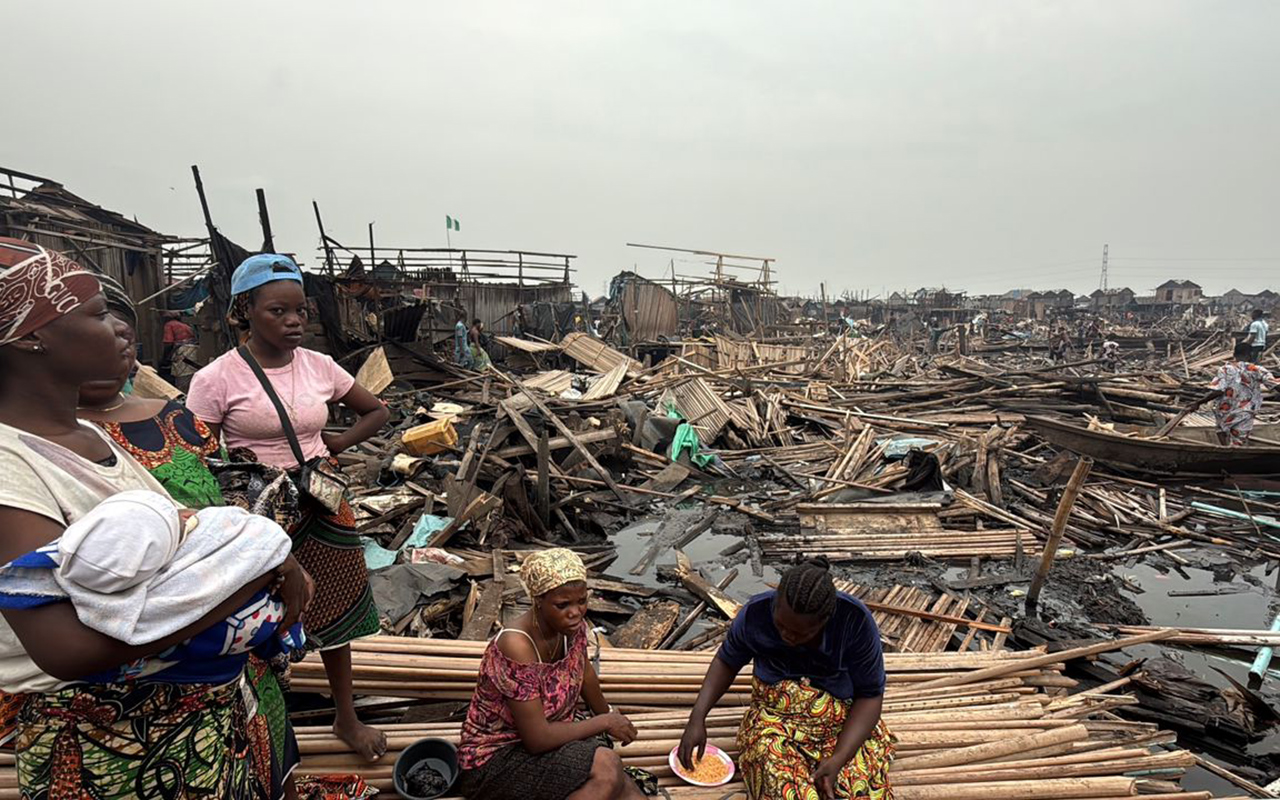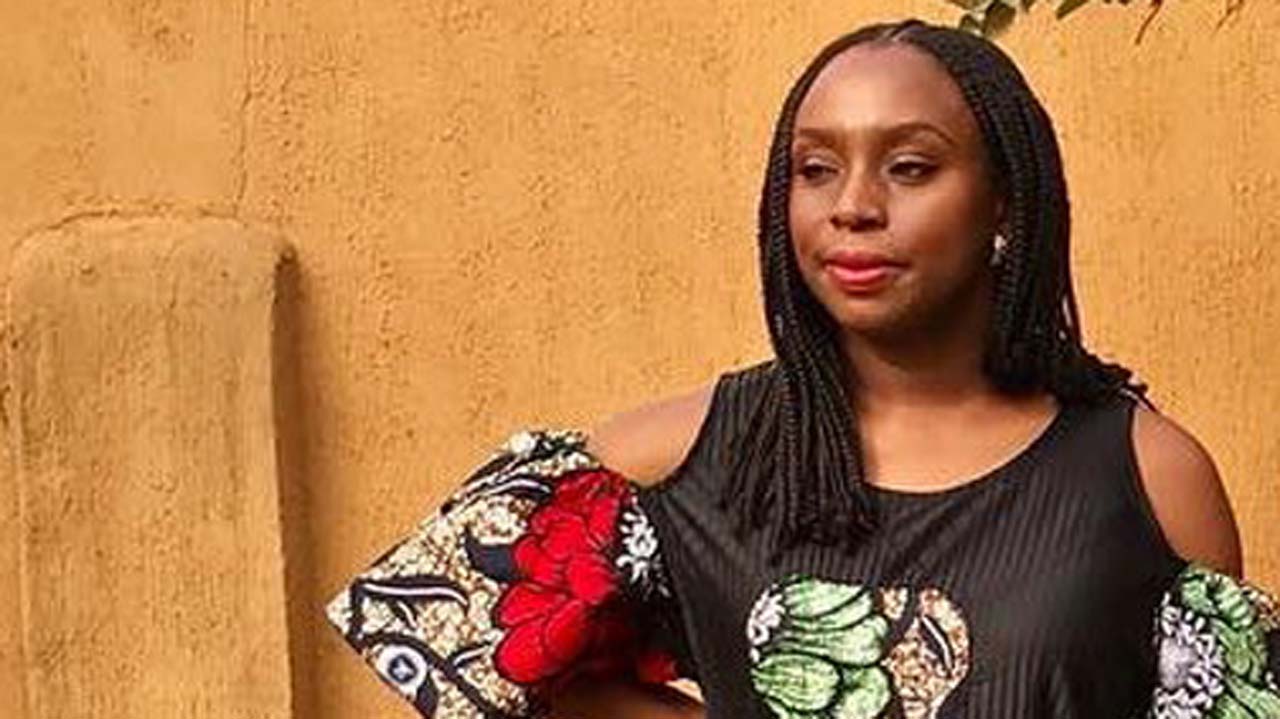The National Human Rights Commission (NHRC) reported a total of 406,088 human rights complaints and more than 160 monitored incidents of violations across Nigeria in October.
According to its Human Rights Situation Dashboard presented in Abuja on Monday, the commission regrets that Abuja, Benue and Bornu lead in violation of child rights abuses.
Delivering the presentation, the Executive Secretary of the NHRC, Dr. Tony Ojukwu (SAN), said the figures reflect ongoing challenges with sexual and gender-based violence, police misconduct, arbitrary detention, and violations of civil liberties across the country.
“These are not mere statistics; they are Nigerian mothers, fathers, and children whose dignity has been violated,” Ojukwu stated, calling for urgent government and community intervention to protect vulnerable populations.
The October report highlighted several disturbing cases of rape and sexual assault in multiple states.
According to the dashboard, as presented by the human rights advisor, Hillary Ogbonna, in Lagos, a man was arrested for allegedly defiling his 19-year-old daughter.
The reports also said similarly, in Ekiti State, two men were accused of sexually assaulting a woman. In the FCT, several cases were documented, including the rape of a 13-year-old hawker in Kuje and the gang-rape of a 15-year-old girl in Kuje by two men.
In Plateau, the commission reported a man was arrested for defiling a three-year-old girl.
In Enugu, a father was accused of defiling his two daughters, while in Rivers State, a 13-year-old girl was sexually assaulted at a football academy.
The commission reaffirmed its commitment to ensuring justice for victims and joined the ongoing public call for justice for Ochanya Elizabeth Ogbanje, the 13-year-old girl who died in 2018 after suffering long-term sexual abuse.
The NHRC also addressed cases of banishment as violations of human rights, referencing a case in Benue State, where a pregnant widow was expelled from her community for allegedly stealing household items to feed her children.
Dr. Ojukwu described such acts as unconstitutional, citing sections 34, 35, 40, and 41 of the Nigerian Constitution, which protect dignity, liberty, association, and freedom of movement.
The report also noted violations of the right to peaceful assembly, following police restrictions on protests in the Federal Capital Territory (FCT), where demonstrators calling for the release of IPOB leader Nnamdi Kanu were dispersed with tear gas and water cannons. Journalists were reportedly attacked, and several protest leaders were arrested.
Responding to recent U.S. criticism over the killing of Christians in Nigeria, Ojukwu emphasised that both Christians and Muslims have been victims of extremist violence perpetrated by Boko Haram and ISWAP.
“The common enemy here is Boko Haram, which targets both Christians and Muslims,” he said.
“Rather than threats, we urge the international community to support Nigeria’s efforts to end terrorism through partnership and mutual respect.”
The NHRC urged institutional and procedural reforms, particularly in how sexual offences are prosecuted, and called for enhanced support for survivors.
Dr. Ojukwu reaffirmed the commission’s dedication to the Paris Principles, emphasising impartiality, transparency, and independence in human rights protection.
“The Dashboard is not an instrument of blame but of advocacy and accountability,” he concluded. “Our shared commitment to human rights is the foundation upon which Nigeria can thrive.”
The presentation was attended by Ambassador Fredrich Ebert Stiftung, representing the UN and ECOWAS, who praised the NHRC for its “service to the nation” and its data-driven approach to promoting democracy and human rights.






